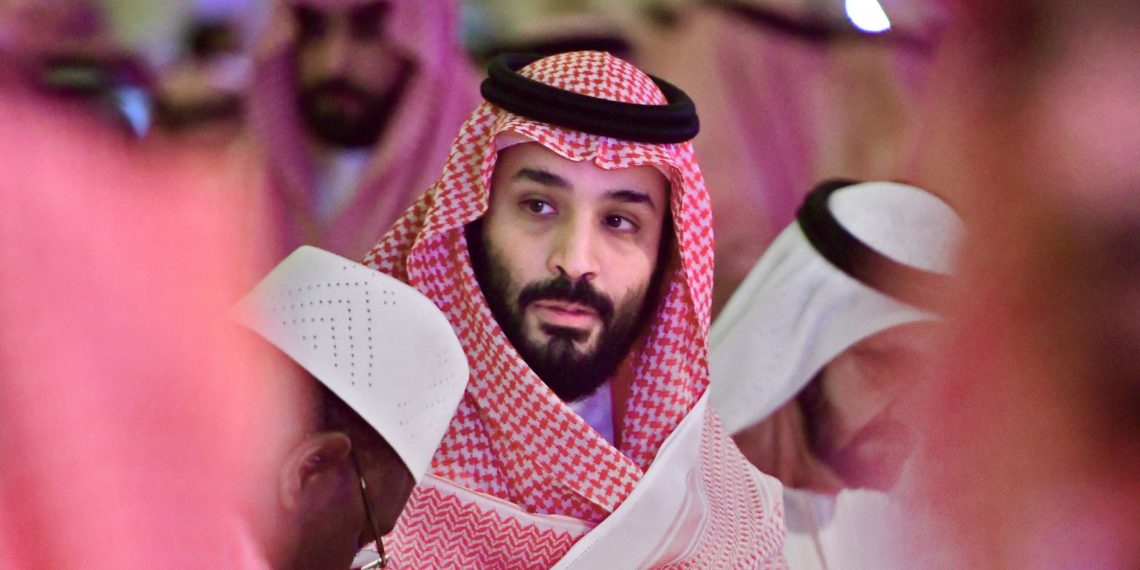US approach on Saudi Arabia maintains the monarchy in societal turmoil.
Saudi Arabia was granted a free leverage by the US in Donald Trump’s short era. Trump not only lauded Crown Prince Mohammed bin Salman, but also declined to prosecute him after US intelligence services alleged that he was directly involved in the assassination of journalist Jamal Khashoggi in 2018.
Joe Biden as a candidate during presidential campaigns said that his strategy towards Saudi Arabia shall be different. His administration’s move to disclose a two-year-old censored report from the director of national intelligence last month, identifying Bin Salman as the prime suspect in Khashoggi’s assassination, was a significant move en route. However, Biden fell short of expressly sanctioning the Crown Prince and also called for a “recalibration” of US-Saudi ties rather than a breakup.
The Biden government defended its choice about Bin Salman claiming that the US has never sanctioned leaders of countries with whom it has diplomatic relations on special occasions. True, but that’s not the case here. The United States’ reluctance to press Saudi Arabia on democracy and human rights, whether under Biden or Trump, derives from the Gulf monarchy’s position as a key ally of the US and other Western democracies.
Many US officials worry that if the Saudi crown is disturbed, the country’s leaders will seek alliances with China and Russia, whose like-minded autocrats will not counsel them on human rights.
Some also believe that militant revolutionary extremist movements will take control of the country and its capital, posing a threat to not only Saudi Arabia but also its neighbors. Biden’s careful attitude toward Bin Salman illustrates the false option that American officials have long believed is at stake in Saudi Arabia: between a secure, if authoritarian regime and an unpredictable, possibly extremist society.
A long-term road to democratic solution that defends against monarchical and extremist excesses alike might be a middle way. Biden administration should use its influence with Saudi Arabia to persuade the royal family to begin a phased reform process that gradually replaces the country’s Consultative Council, an appointed legislative body that advises the monarch, with an elected government equivalent to Jordan’s or Morocco’s.
Conscientious opposers are held in Saudi Arabia’s notorious prisons. There are far too many names to mention. From Loujain al-Hathloul (feminist) and Sheikh Salman al-Awdah (Islamic religious reformer) to Mohammad al-Qahtani (civil society activist) and Issam al-Zamil (economist,) The list goes on and on toi different subjects, sects and groups. The only path to resolve the suppressive air of the country is the ability to imagine a new Saudi Arabia that retains the royal family and its ostensibly stabilizing role while allowing some political and civil rights, including an elected national assembly.
Many other opponents left Saudi Arabia to live in a democratic country, not entering imaginary Islamist utopias like ISIS, as the Saudi authorities claim. Hundreds of Saudi exiles and refugee seekers currently live in Canada, the United States, and numerous European countries, while they continue to call for reform in Saudi Arabia.
The Biden administration had a historic chance with the latest publication of the DNI report to detach itself from Riyadh’s authoritarian affiliate and sanction its violent leadership. However, there is still time to explore a third option: a more long-term transition to parliamentary democracy.
Because of the supposed sticking point between security and democracy, US funding has traditionally come without demands for democratic change. But this was still a dumb move, and Saudi Arabia is no longer as secure.
SoConcerns that the US will drive Riyadh into the arms of China or Russia if it pushes for democratic change too aggressively must not deter the Biden administration from seeking this middle path.








